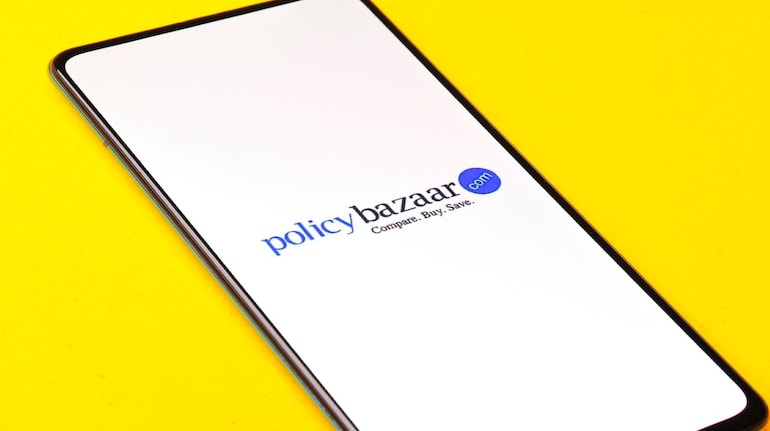With its most recent strategic move in the field of financial technology, Japanese IT giant SoftBank is garnering media attention. Multiple industry sources claim that SoftBank intends to sell a further 2.54% share in PB Fintech, the parent company of Policybazaar, the largest online insurance marketplace in India. The investment community has expressed surprise at this move because SoftBank has chosen to sell a portion of its shareholding rather than completely abandon the company.

Credits: Money Control
The Block Deal Details
The block deal initiated by SoftBank includes an offer price range of Rs 752 to Rs 767 per share. This range is noteworthy as it represents a modest discount of 0-2 percent compared to the previous closing price of Rs 767 per share. The deal is being facilitated by Kotak Mahindra Capital, a prominent investment bank in India. The deal size, at the higher end of the range, is estimated to be around $105 million or Rs 876 crore.
SoftBank’s Current Stake
Before this block deal, SoftBank’s entity, SVF Python II (Cayman) Limited, held a 4.39 percent stake in PB Fintech. Post the completion of this transaction, their holding will be reduced to 1.85 percent. This reduction in stake is indicative of SoftBank’s intention to rebalance its investment portfolio rather than completely divest from PB Fintech.
The Rise of PB Fintech
PB Fintech, the parent company of Policybazaar, has witnessed a remarkable uptick in its stock price, surging by nearly 28 percent over the last six months. This uptrend showcases the growing interest and trust of investors in the Indian fintech sector, particularly in the insurance and online financial services space.
Financial Performance
Another thing to consider is PB Fintech’s financial performance. For the three months ending in June 2023, the company recorded a significant reduction in its consolidated loss, which came in at Rs 12 crore. Compared to the Rs 204 crore loss reported in the first quarter of the previous year, this is a considerable improvement. The company’s attempts to improve profitability and streamline operations are reflected in the shrinking of losses.
SoftBank’s Strategy
SoftBank’s decision to sell a portion of its stake in PB Fintech is part of its broader investment strategy. SoftBank has a history of making substantial investments in innovative technology companies worldwide, often through its Vision Fund. The company’s willingness to rebalance its portfolio indicates a prudent approach to managing its investments.
Impact on PB Fintech and Policybazaar
The partial stake sale by SoftBank is unlikely to have an immediate adverse impact on PB Fintech and its flagship platform, Policybazaar. The company has demonstrated robust growth and improved financial performance, which can instill confidence in existing and potential investors.
Expansion and Innovation
PB Fintech has been actively expanding its product offerings and customer base. It has ventured into various financial products and services beyond insurance, including loans, credit cards, and investment products. This diversification strategy aligns with the company’s goal of becoming a comprehensive digital financial services provider.
Market Speculation
Market analysts and industry professionals may make assumptions about SoftBank’s reasons for the partial stake sale. Some might perceive it as SoftBank’s goal to maximize its investment returns or its need for liquidity. The precise motivations behind the move, however, can only be confirmed by SoftBank itself, as the business has not yet released an official comment.
Conclusion
In conclusion, the block sale by which SoftBank decided to sell a 2.54% ownership in PB Fintech, the parent company of Policybazaar, is a significant milestone for the fintech industry. Although SoftBank is not entirely withdrawing, this action demonstrates its dedication to a well-balanced investment portfolio. The enhanced financial performance and expanding market presence of PB Fintech serve as a favorable backdrop for this transaction. In the next months, it will be interesting to see how this strategic decision plays out and what effects it might have on the Indian financial scene.











